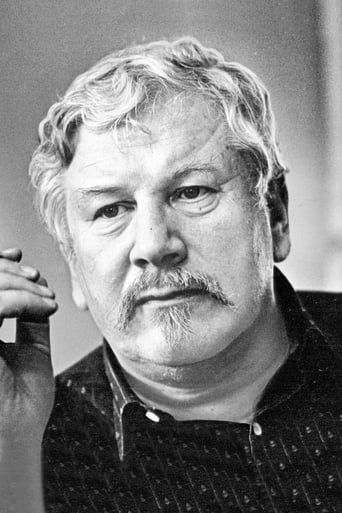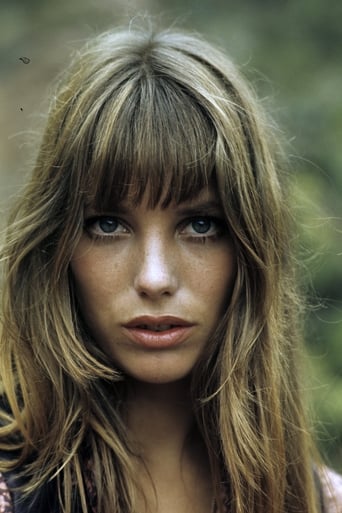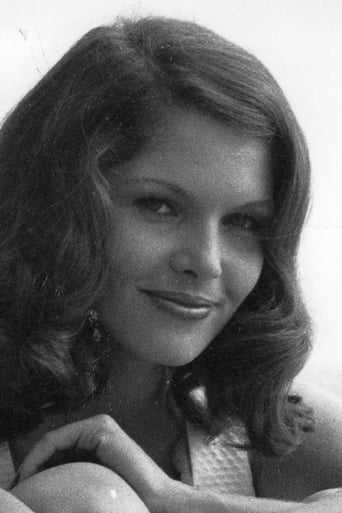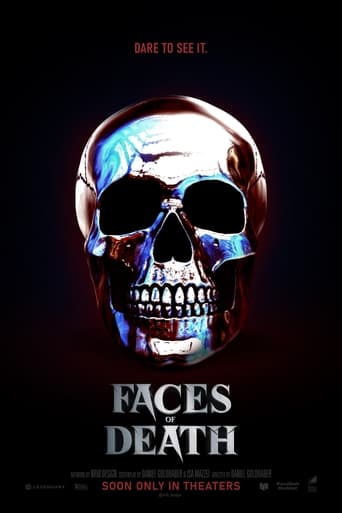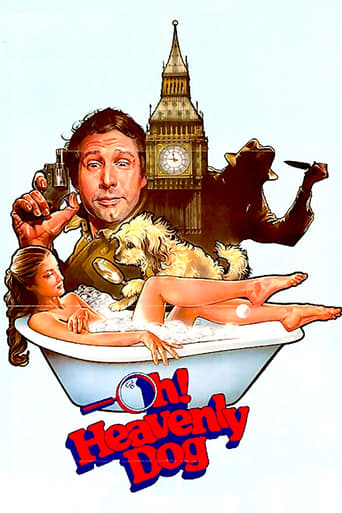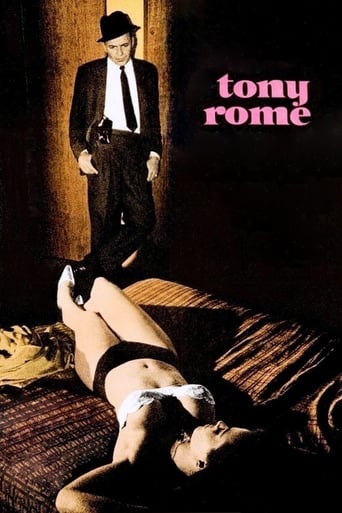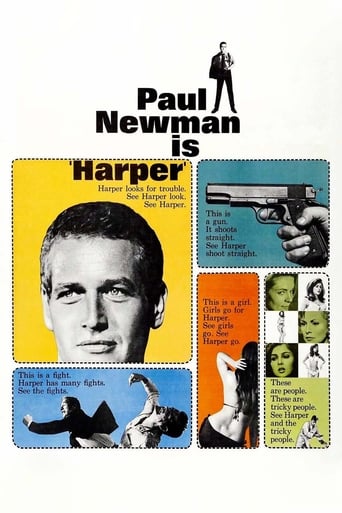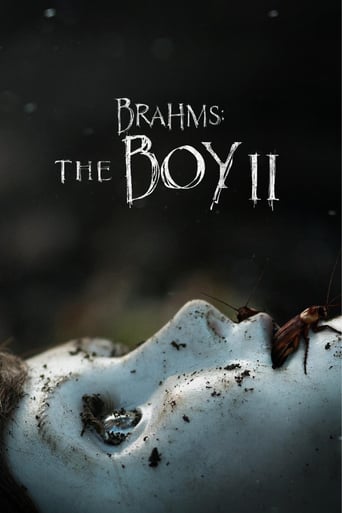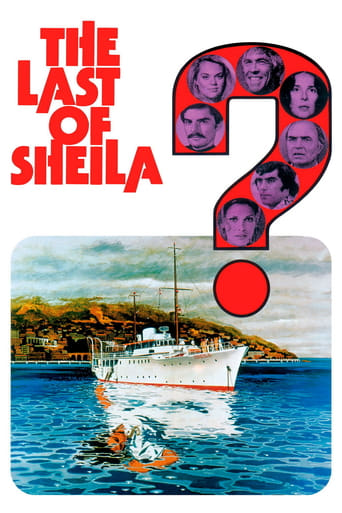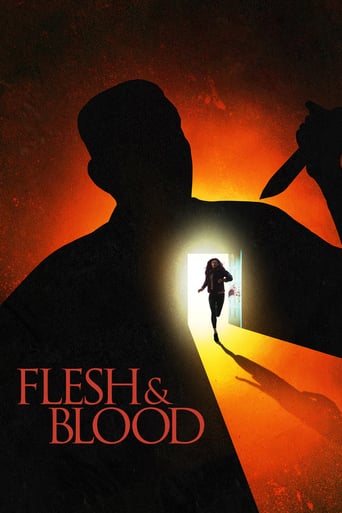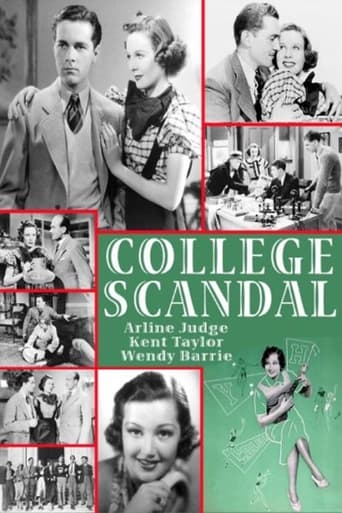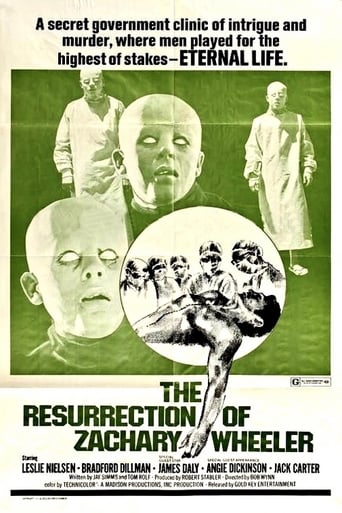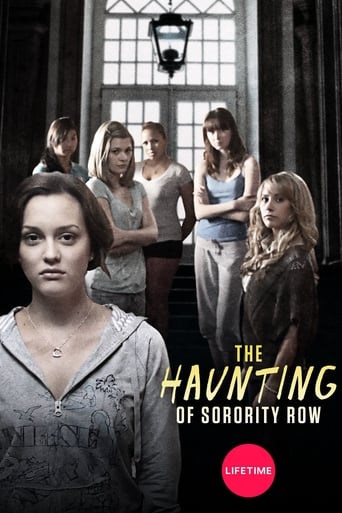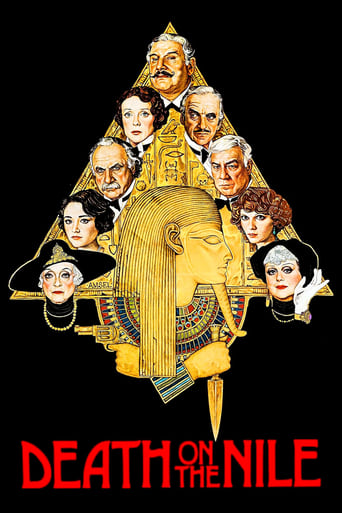
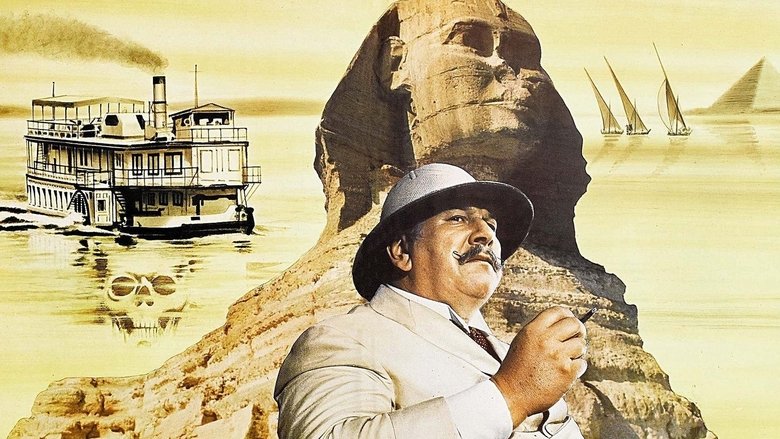
 Watch Now
Watch Now




Death on the Nile (1978)
 Watch Now
Watch Now




As Hercule Poirot enjoys a luxurious cruise down the Nile, a newlywed heiress is found murdered on board and every elegant passenger becomes a prime suspect.
Watch Trailer
Cast


Similar titles
Reviews
Sadly Over-hyped
Overrated and overhyped
Pretty good movie overall. First half was nothing special but it got better as it went along.
Although I seem to have had higher expectations than I thought, the movie is super entertaining.
Movie Review: "Death On The Nile" (1978)Screenwriter Anthony Shaffer (1926-2001) presents a solid adaptation of Agatha Christie's novel "Death On The Nile" first published on November 1st 1937. Competent director John Guillermin (1925-2015) looks good with support of John Cardiff's cinematography, building the atmosphere needed to keep the audience guessing "Whodunit" the murder of a rich aristocratic woman Madame Ridgeway, lavishly portrayed by actress Lois Chiles at the age of thirty.The motive of the murder as before in "Murder On The Orient Express" (1974) directed by Sidney Lumet has been well-interweaved onto any appearing character of another ensemble cast, which the exchanged leading actor from Albert Finney to the fifteen-year older Peter Ustinov (1921-2004), who convinces as an eating, drinking, smoking, at times resting and sharp-combining comic beating character version of Hercule Poirot. Nevertheless the hostile-to-striking appearance of Albert Finney in costume cannot be resembled.The second screen assignment of the character of Hercule Poirot delivers in terms of his throughout strong female cast performances, where actress Mia Farrow creates a shady mystic game of a charade as Jacqueline De Bellefort, who infiltrates the character of Madame Ridgeway as a servant friend, before losing her firstly introduced financée, the weakly cast character of Simon Doyle, to the rich-inherited Madame Ridgeway. Miss De Bellefort pursue the newly married couple to the top of the Egyptian pyramids to the Honeymoon suit on the title-given steamer ship, which in retrospective has an extraordinary mystical touch concerning the needs-to-resolved tri-angle story.Hercule Poirot surrounded by death traps on and off ship, with poisoned red wines, falling massive stones from Egyptian temple ruins to a mounting Cobra serpent in the bathroom ready to strike with deadly venom. If this was not enough to accelerate through a 135 minute vintage movie, Poirot gets a side-kick character on his flashback streaming encounters of all passengers in shape of actor David Niven (1910-1983) performing as Colonel Race. Together they are unable to still the show from dark-humour-living female couple Maggie Smith & Bette Davis, who has a fable for the Madame Ridgeway's unique set of pearls, but are they tempting enough to commit the murder?In a presuming sequel with reprising actor Kenneth Branagh as the character of Hercule Poirot for a June 7th 2019 event movie release, the stake could not be higher. The direction for a remake of the 1970s classic needs to be overhauled in terms of making Hercule Poirot even and agile, fitting to meet a erotica-striking cast of actresses surrounding high society transforming actress Jennifer Lawrence in the role of Madame Linnet Ridgeway, who marries the character of Simon Doyle, first in mind casting actor Ryan Gosling and mystique dark side encountering performance by actress Saoirse Ronan in order to name a few for an international audience meeting high-tension thriller it needs to be.© 2017 Felix Alexander Dausend (Cinemajesty Entertainments LLC)
After the success of "Murder on the Orient Express" its producers decided to continue reveling in Agatha Christie. They thought they found the formula: a cast studded with international stars playing a clump of potential murderers in a cramped but exotic locale. In "Murder on the Orient Express" it was a train. Here, it is a paddlewheeler cruising the Nile (what else?) As with "Orient Express" the cast is truly amazing. Albert Finny, unable or unwilling to reprise his Poirot, was transformed into Peter Ustinov. Ustinov bears no resemblance to the Poirot described by Christie; but while his Poirot is more clownish and idiosyncratic, Ustinov was a big name star at the time.For the rest of the cast, the always welcome David Niven checks in as Christie's Col. Race, brightening an otherwise thankless role as Poirot's assistant.The big casting coup (as with Lauren Bacall in "Orient Express") was motion picture grand dame Bette Davis; once a great star, in the years before "Nile" she was often relegated to horror movies. Joining Davis were Angela Lansbury, "Airport" veteran George Kennedy, Maggie Smith, Jack Warden, Harry Andrews, Bond girl Lois Chiles, Mia Farrow and the ethereally beautiful Olivia Hussey.But "Nile" has several things working against it.First, in "Orient Express" the murder victim was himself a vicious kidnapper/murderer (his story is based on the Lindbergh kidnapping case) so the sympathy was all with the murderer(s). In this case the murder is more tragic, which gives the story a less gay tone.Then, too, Paul Dehn, the script writer who gave "Orient Express" its wit and sparkle, condensing the book without losing Christie, was dead before "Nile." His replacement, Anthony Shaffer ("Sleuth") was more coarse in language and intent and seems unhappy with the confines of the original tale (in fact, his more delightful script for "Evil Under the Sun" a few years later was, for all intents and purposes, an original story).Whether due to Ustinov's radically unique Poirot, the glumness of the story, or the slightly tarnished cast, "Nile" did not do the business of "Orient Express" which, whatever its artistic triumphs, is ultimately more important in the movie business."Murder on the Orient Express" preceded "Star Wars" by a few years and the movies were still the movies as they had been since the silents: with glamor, charm and classy stars winning out. This is especially true in 1974, after the 1960s and early 70smovies went through a period of grittiness and experimentation that rubbed some people's fur the wrong way. Paul Dehn's "Orient Express" script was free from the sex and bad language and gave star turns to all its big names. "Orient Express" was murderous fun for the whole family."Murder on the Orient Express" also came at a time when all-star attractions were the rage. "The Towering Inferno" and "Earthquake" were released the same year as "Orient Express"; on the other hand, the last and least of the big-name disaster movies, "The Swarm," came out the same year as "Nile." Movies featuring big stars in little boxes on their posters were falling out of favor. "Star Wars" (1977) and "Close Encounters of the Third Kind" (1978) were driving the last nails into the coffin of the glitz and glamour of old the Hollywood "Orient Express" and "Nile" tried to lovingly recapture.Though outwardly exotically similar to "Orient Express," "Nile" lacks its predecessor's sense of fun in its more unpleasant tale, where the murder is not justice or rightful retribution but simply a tawdry story in a handsome set of clothes.The most unbelievable thing about "Nile" is that Ustinov's flamboyantly un-Christie Poirot would reappear five more times, once in the movies (the delightful but unfaithful "Evil Under the Sun") and four more times on television reductions.The best things about "Nile": David Niven, the tango scene, the beauties of Egypt.
. . . by bands of indigenous Egyptian terrorists wielding AR15s, it seems very quaint to Harken back to the Innocent Days of the 1900s, when foreign sight-seers in that country nosing around the Great Pyramids only need to worry about their derringer-toting fellow travelers bumping them off. Now that every major American City features multiple No-Go Zones in which slain outsiders are blamed for their own demise if they foolishly perish by stumbling into one, it's hard to imagine a Yesteryear in which Mainstream Western People expected to traipse around safe and secure in Nice, London, Brussels, or Cairo--let alone Charleston, Philadelphia, Baltimore or Washington, DC. But in 1978 DEATH ON THE NILE was as much of a Non Sequitar as a movie titled PEACE IN THE MIDDLE EAST would be Today. It was almost unprecedented to see someone like the crone from MURDER SHE WROTE suddenly having her brains blown out in 1978, but now this happens almost daily in Real Life to grannies, toddlers, and babies alike in Chicago and many other American Urban Areas. When Jimmy Carter was president, movie goers could hit the theaters counting on more people getting killed ON the screen than OFF-. Who among us would be so complacent Today?
Taking the role of Hercule Poirot (played by Albert Finney just four years earlier) and making it his own, Peter Ustinov is excellent in this Agatha Christie adaptation, capturing character's trademark indignation at being called French and fixation on his moustache while providing charisma too. The most striking aspect here is the story though. As with 'Murder on the Orient Express', Poirot is confounded by an enigmatic mystery as a much despised woman is murdered on a cruise. Again, everyone is a suspect with a motive and again it is up to Poirot to solve the murder as police intervention is impossible when travelling down the River Nile. The story admittedly does not have quite the same impact once one knows the solution. The comic relief (mostly from a wide-eyed I.S. Johar) also gets more on the nerves upon revision. In general though, the film stacks up well to revision since everything hinges on the character interactions and all concerned are in top form. There is a condescending Bette Davis whose nasty wit is only matched by her spiteful servant, played by Maggie Smith. There is also the always solid Jack Warden, here with a German accent, David Niven as dignified as ever and the list goes on. The revelation scene is also handled brilliantly. The camera never sits still as Poirot converses with the killer, unsteadily walking around the room in close-up and medium close-up, providing an air of uncertainty that sends a chill down the spine. And for a film set among such picturesque locales, 'Death on the Nile' offers a delightfully spine-tingling tale.


